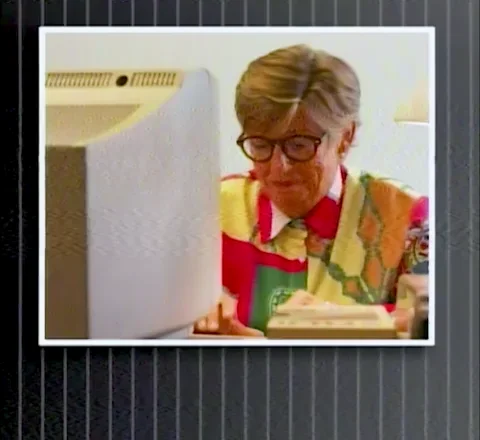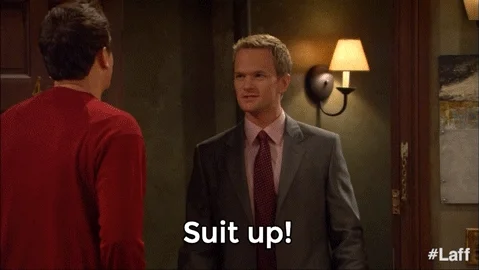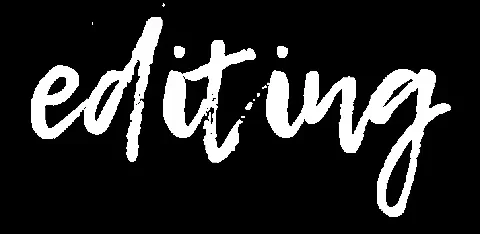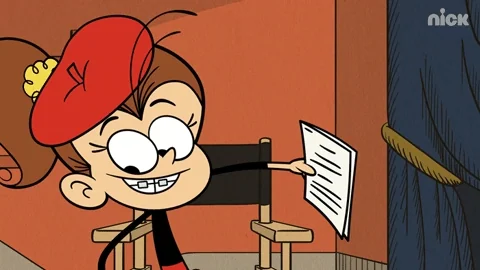Mario is editing his writing for a class assignment. He reads his work, "Though becoming a country in 1867, the last province joined Canada in 1947." Mario thinks to himself, "Is it though, or should it be although?"

Choosing between "although" vs. "though" can be tricky. Sometimes, you can use either word, and it will be correct. Other times, only one is correct. Let's break it down!
What do they have in common?
Sometimes "though" and "although" have the same meaning: "in spite of something" and "but". When they have the same meaning, it's up to you to choose which word you prefer. But how do you check if they have the same meaning?

Editing hack
One way to check if you're correct is to switch out "although" or "though" and replace them with "in spite of something" and "but".
Does the sentence still make sense? Yes? Great! You can choose either word.
No? Let's investigate further.
Quiz
Mario is editing his paper. He reads, "Apple's profits were low this year, though no one knows why."
When to use "though"?
"Though" is more commonly used in informal language. It's an adverb that puts conditions or gives more information on what was said or written. In this case, though means "however" or "nevertheless". It can also mean "as if" when used with "as".
Let's check out some examples:
You look as though (as if) you are hungry.
I'm not going to wear a coat. It is cold, though (nevertheless).
The bookstore was crowded. The atmosphere was nice, though (however).
Did you know?
When to use although?
"Although" is used in more formal language. Remember "though" and "although" can have the same meaning.
Check and confirm you are using the correct word by switching out although with "in spite of" and "but."
Once you've checked and confirmed that you've selected the correct word, now what? Consider what level of formality that you want in your communications.

Often in academic writing and business communications, more formal language is appropriate.
Quiz
Bailey is writing an essay for a class. Should she use "although" or "though"?
Subscribe for more quick bites of learning delivered to your inbox.
Unsubscribe anytime. No spam. 🙂
Let's hack the system!

Try these steps to check if you have the correct word.
Try changing though or although with "in spite of something" and "but." Makes sense? You've used the correct word.
Consider the level of formality that you want. More formal? Use "although". Less formal? Use "though". But what if it doesn't make sense when you switch them? Try the next step.
Read the sentence. Did you use "as"? Yes? Use "though". No? Try the next step.
Are you using though to mean "however" or "nevertheless"? Yes? Use "though".
Quiz
Fatima asks if Jin is ok with waiting for food to arrive. Jin says, "I'm hungry. I don't mind, though."
Did you know?
Take Action

Your feedback matters to us.
This Byte helped me better understand the topic.

